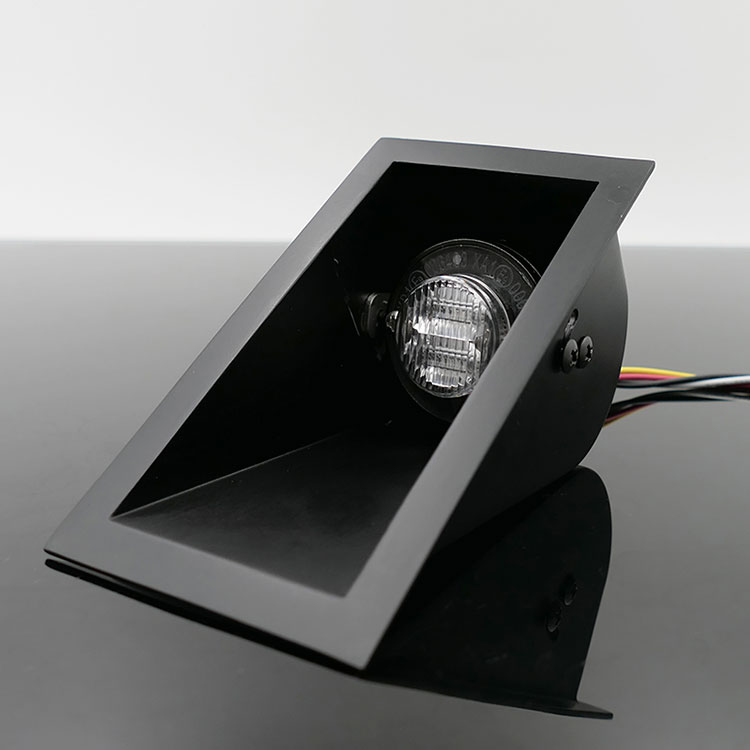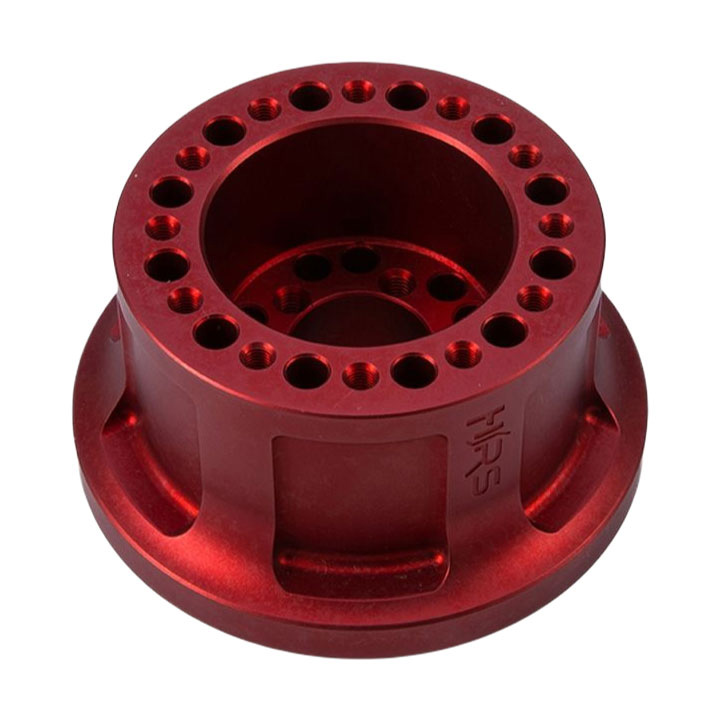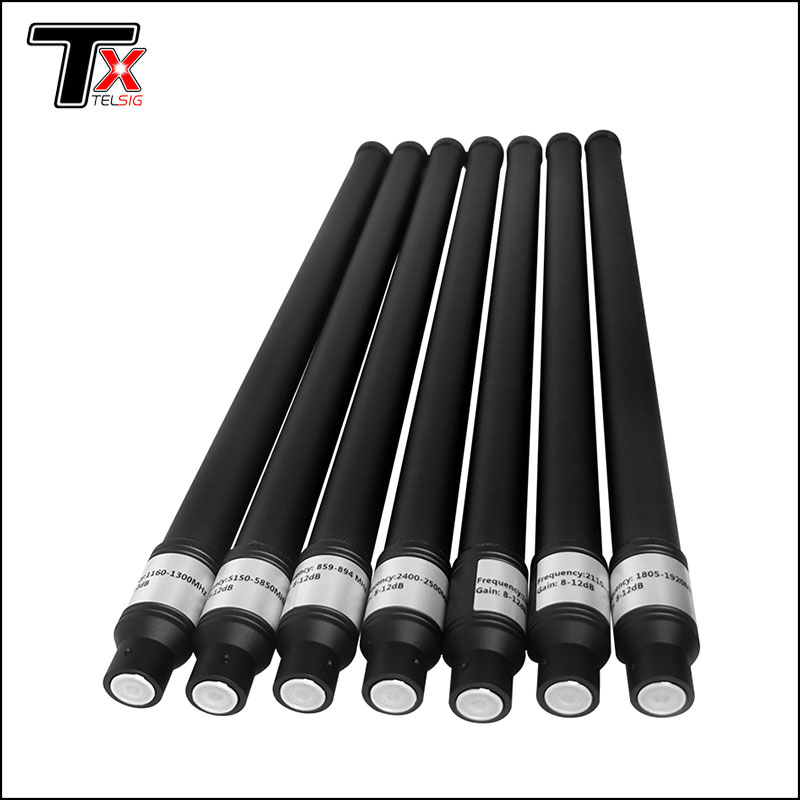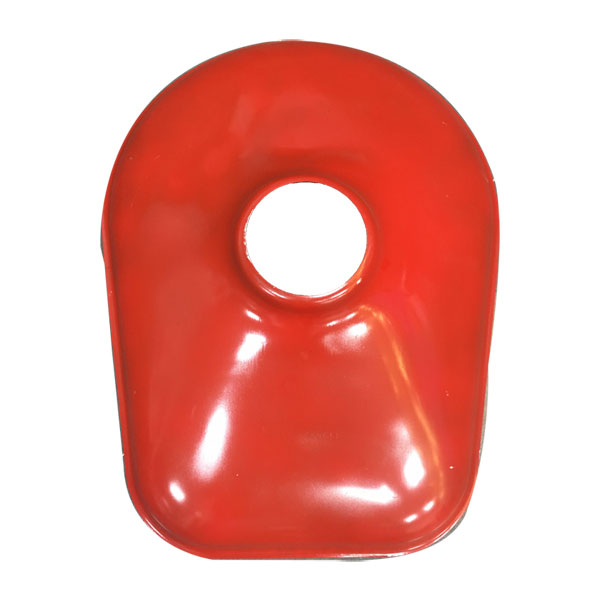LED Visor Lights
LED visor lights are compact lighting solutions that are typically mounted on the sun visor of a vehicle. They are designed to provide additional lighting for the driver and passengers inside the vehicle. LED (light-emitting diode) technology is commonly used in these visor lights due to its energy ......
Send Inquiry
Product Description
LED visor lights are compact lighting solutions that are typically mounted on the sun visor of a vehicle. They are designed to provide additional lighting for the driver and passengers inside the vehicle. LED (light-emitting diode) technology is commonly used in these visor lights due to its energy efficiency, brightness, and long lifespan.
Key Features and Considerations for LED Visor Lights:
1. Mounting: LED visor lights are designed to be attached to the sun visor, which is typically located above the windshield on the driver and passenger sides of the vehicle.
2. Power Source: Most LED visor lights are powered by the vehicle's electrical system through a standard power plug or a direct wiring connection.
3. Switching: LED visor lights often feature an on/off switch that allows the driver or passenger to control the light as needed.
4. Brightness and Light Output: LED technology provides bright and focused illumination, making LED visor lights suitable for reading, searching for items, or providing ambient lighting inside the vehicle.
5. Adjustability: Some LED visor lights have adjustable heads or angles, allowing users to direct the light where it's needed most.
6. Color Temperature: LED visor lights can come in various color temperatures (measured in Kelvin). Cool white (around 6000K) provides a bright and crisp light, while warm white (around 3000K) offers a more relaxing and softer illumination.
7. Energy Efficiency: LEDs are energy-efficient and consume less power compared to traditional incandescent or fluorescent lights.
8. Lifespan: LEDs have a long lifespan, which reduces the need for frequent replacements.
Common Uses of LED Visor Lights:
- Reading maps, documents, or books while parked or in low-light conditions.
- Searching for items inside the vehicle without distracting the driver.
- Providing additional interior lighting during night driving.
Installation and Use:
1. Identify the appropriate location on the sun visor where you want to mount the LED visor light.
2. Attach the light securely to the visor, ensuring that it doesn't obstruct the driver's view or interfere with other vehicle controls.
3. Connect the LED visor light to the vehicle's power source according to the manufacturer's instructions.
4. Use the on/off switch to control the light as needed. Turn it off when driving to avoid distractions.
Benefits of LED Visor Lights:
- Provides localized lighting without affecting other parts of the vehicle.
- Increases safety by offering clear visibility for reading and searching items.
- Enhances the comfort and convenience of passengers during nighttime travel.
Note: While LED visor lights can be beneficial, it's important to use them responsibly and avoid using them in a way that could distract the driver or hinder visibility. Always follow local laws and regulations related to interior vehicle lighting.
When choosing LED visor lights, consider factors such as brightness, color temperature, adjustability, and compatibility with your vehicle's electrical system.










